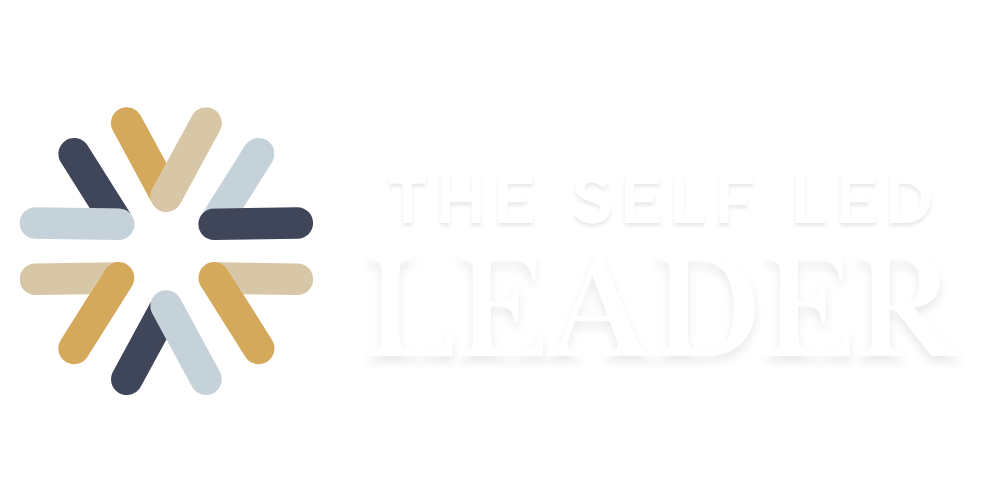I was 40, sitting next to my dad’s hospital bed in a dilapidated rehab facility. The rhythmic hiss of oxygen punctuated the silence between us. Cancer cells roamed his body like a playground. As I watched him dying physically, I confronted an uncomfortable and unavoidable truth: I was dying inside.
Despite collecting achievements like trophies—academic credentials (including two Master’s degrees), speaking to arenas of 15,000 people dozens of times, joining the Army at 30 and becoming the first female paralegal in The Old Guard (the oldest infantry regiment in the US Army), meeting stars like Trace Adkins (I presented him with an award) and Gary Sinise, and co-creating a summit that generated $125,000 in just 10 days—my soul felt shriveled and dry. The façade of success I’d crafted crumbled, revealing nothing but emptiness.
This is just one (there are others) of the hidden crises of high achievement: when external success masks internal depletion until the breaking point arrives with little warning. Maybe you’ve reached this crossroads, too.
Perhaps you’re navigating a career transition or retirement that has you questioning your identity. Maybe you’re balancing elder care for aging parents while supporting adult children through their crises. Or perhaps most troubling, you’ve achieved everything society told you would bring fulfillment, yet something essential remains missing.
The achievements look impressive on paper. Your LinkedIn profile generates envy. But in quiet moments, you wonder: Is this all there is? Is this sustainable? Is this enough? Is there anything left to give?
What Is a Self-Led Leader?
A self-led leader isn’t simply someone who achieves external goals or drives others’ results. That’s conventional leadership, which often leaves a wake of relational strain, emotional exhaustion, and spiritual emptiness.
Instead, a self-led leader leads themselves well first. I have discovered that self-led leaders – those who lead themselves well – possess three critical intelligences that work in harmony:
Relational Intelligence (RQ)
Beyond just social skills, this is the ability to build authentic connections, navigate complex relationships, and create environments of trust. Researchers like John Gottman and Brené Brown have demonstrated that this intelligence involves reading social contexts accurately, adapting communication styles, and fostering cooperation even in challenging circumstances. Essentially, it’s the ability to build and maintain meaningful connections while navigating complex interpersonal dynamics.
Emotional Intelligence (EQ)
First popularized by Daniel Goleman, emotional intelligence encompasses self-awareness, self-regulation, motivation, empathy, and social skills. This means recognizing how emotions affect decisions, managing stress productively, and understanding the emotional dynamics that drive your behavior. It’s the capacity to identify, understand, and regulate emotions in yourself and others.
Spiritual Intelligence (SQ)
This goes beyond any Christian religious tradition to encompass your capacity for meaning-making, purpose, and practicing the presence of God. It includes understanding your deepest “why,” seeing interconnectedness in all things, and aligning your self-led leadership with sacred principles. Drawing from Richard Foster’s Streams of Living Water: The Six Streams of the Christian Tradition approach, spiritual intelligence integrates contemplative awareness with practical action. Spiritual Intelligence is the awareness of God’s presence and purpose that guides your decisions and priorities.
When these three intelligences operate in isolation, success of any kind becomes unsustainable. When they work together—through what I call the ResQ™ Framework—self-led leadership transforms life and relationships.
The Warning Signs of Unsustainable Success
My hospital epiphany didn’t arrive without warning. The signals had been flashing for years—I just didn’t have the framework to recognize them:
Relational Warning Signs
Relationships became transactional. I could pretend to make connections but rarely felt truly known. The achievement took precedence over attachment.
Emotional Warning Signs
Numbness alternated with anxiety. I excelled at managing others’ emotions while disconnecting from my own. Rest felt impossible; productivity became my identity. Achievement was the only road to self-worth.
Spiritual Warning Signs
Purpose narrowed to the next accomplishment. Meaning became synonymous with metrics. The questions that once animated my soul—about legacy, impact, and what truly matters—were buried under religious rules that no longer served me.
Does any of this sound familiar? If so, you’re not alone.
Why I Created The Self-Led Leader
After my father’s death, I began rebuilding—not just a life after loss but my entire approach to achievement, leadership, and personal and professional success. I met with spiritual directors, psychologists, and leadership experts. I enrolled in class after class, from religion and Biblical studies to crisis counseling and psychological first aid. I began a 4-year spiritual formation journey that ultimately turned everything I knew upside down. I read hundreds of books on spiritual formation and eventually became trained as a spiritual director.
What emerged was the ResQ™ Framework—a holistic approach that integrates relational, emotional, and spiritual intelligence for sustainable self-led leadership.
I’ll share specific practices, insights, and tools from this framework in the coming weeks. Whether you’re currently in crisis, sensing early warning signs, or simply committed to achieving success that doesn’t come at the expense of what matters most—The Self-Led Leader is for you.
The journey toward integrated self-led leadership begins with a single question: What if your next level of personal or professional achievement could emerge from wholeness? I invite you to explore that question with me.





